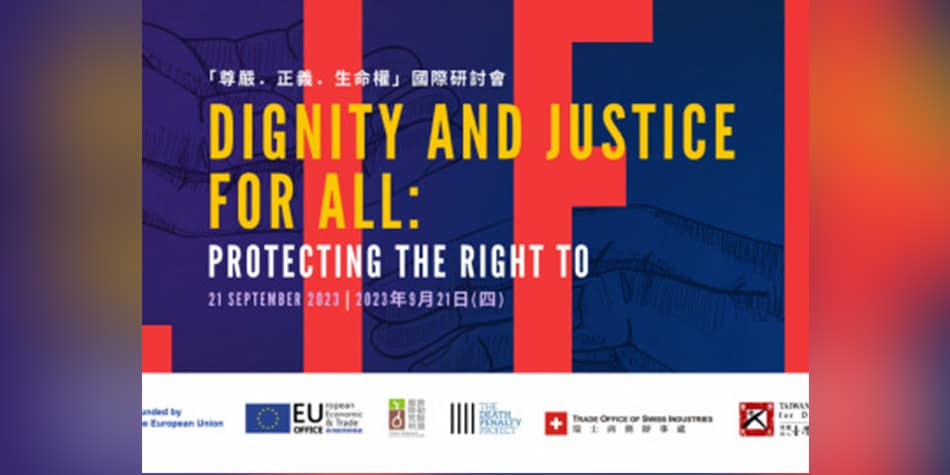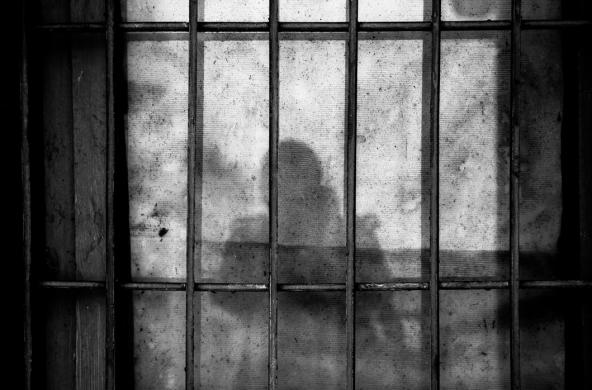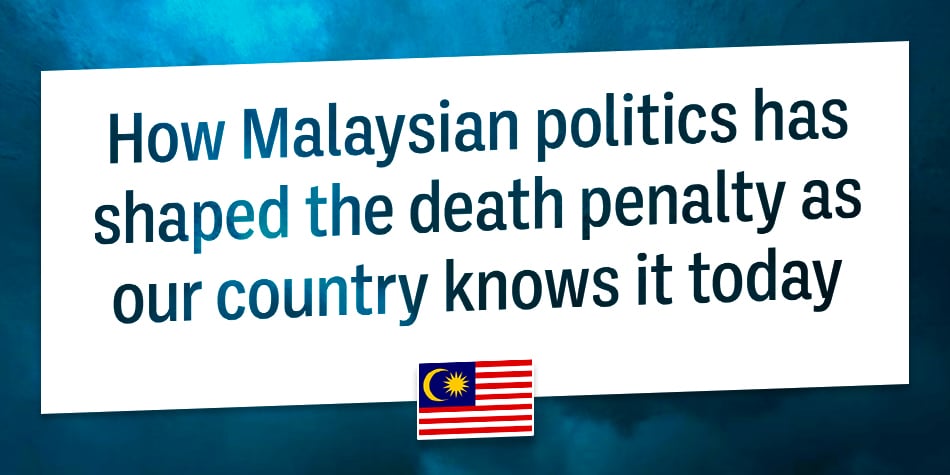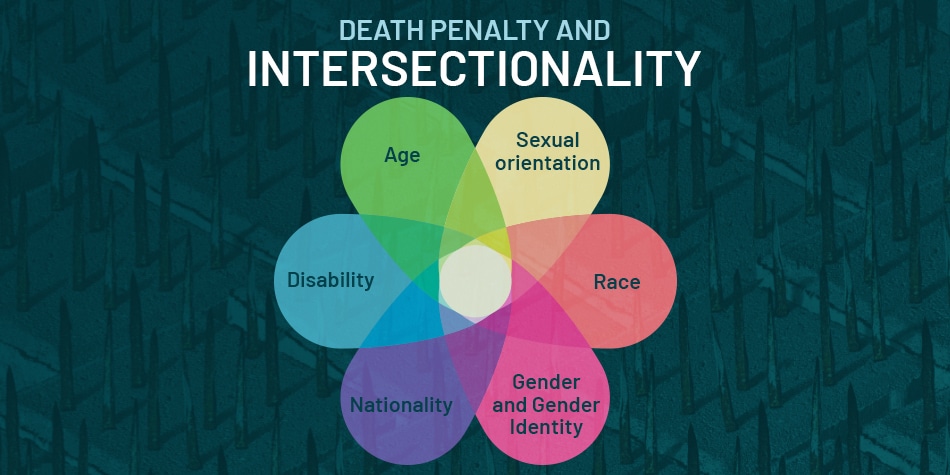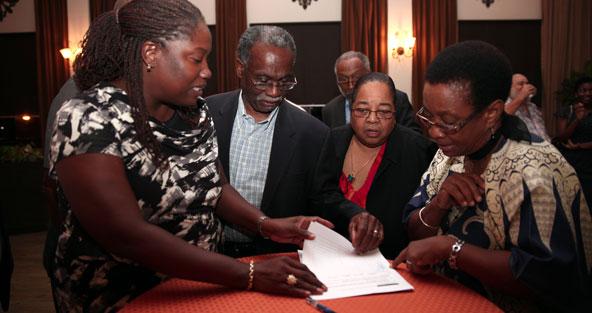
Events, strong words and hard facts to fight death penalty in the Caribbean
Caribbean
Never before had the World Day Against the Death Penalty been so visible across the Greater Caribbean. As the region became the main focus of this year’s global abolitionist event, citizens of Trinidad and Tobago were invited to a free screening of a documentary film on capital punishment, Puerto Ricans met with Dr Luis Arroyo Zapatero, Director of International Academic Network for the Abolition of the Death Penalty, or heard a talk about the famous Spanish painter Francisco de Goya’s abhorrence of the cruelty of the death penalty, a group of exonerated death row prisoners and lawyers embarked on a tour of three of the region’s islands and Mexico’s National Commission for Human rights hosted a half-day event on the death penalty with an array of speakers, including diplomats, academics, and activists – among many actions dotting the region.
Local media, too, have been giving greater space to the debate on the death penalty.
“Tackle crime without resorting to the death penalty”
The newly formed Greater Caribbean for Life coalition of abolitionist issued a World Day statement calling “on governments of countries that retain the death penalty in the Greater Caribbean to urgently and effectively tackle crime, but without resort to the death penalty”.
The call was made by representatives of civil society from 12 Caribbean countries who gathered on 1 and 2 October in Port of Spain, Trinidad and Tobago, to debate the issue of the death penalty in the context of public security.
“Murder rates in the Caribbean have increased in the past ten years. Faced with increasing murder rates, governments in the region have been presenting the death penalty as a crime-control measure, despite the lack of evidence of its deterrent effect, often failing to invest in more effective solutions that would prevent/curb crime in the long term and that would address the needs of victims within a Restorative Justice approach to the criminal justice system,” the Greater Caribbean for Life stated.
Watch and share the videos below in which five Caribbean activists talk about their daily fight against capital punishment:

Highest homicide rates in retentionist Caribbean countries
World Coalition member organization Amnesty International supported this view in “Not making us safer”, a detailed briefing on crime, public safety and the death penalty published on 10 October.
The document compiles extensive data on crime rates, death penalty status and international law from various regions of the world and reads: “In the Greater Caribbean, there is no correlation between retention of the death penalty and low crime rates: six of the ten countries with the highest homicide rates in the region retain the death penalty (the Bahamas, Belize, Guatemala, Jamaica, St Kitts and Nevis, and Trinidad and Tobago). Indeed, in St Kitts and Nevis, the number of murders increased from 23 to 27 in the year following the execution of Charles Elroy Laplace in December 2008.”
In a strongly worded World Day statement, the Inter-American Commission on Human Rights (IACHR) “urges the OAS Member States that still have the death penalty to abolish it or at least to impose a moratorium on its application”.
The IAHCR is the Organization of American States (OAS)’s human rights watchdog.
It acknowledged progress in the region, especially in reducing the number of mandatory death sentences: “The development of inter-American standards establishing that the death penalty contravenes the American Convention and the American Declaration [on Human Rights], as well as interaction between the inter-American human rights bodies and the judicial bodies of the Commonwealth Caribbean, among other factors, have led to progress in the elimination of the mandatory death penalty in the majority of the countries of the Caribbean. The IACHR expects that additional progress will be made in this direction until mandatory imposition of this punishment is abolished in all the countries of the region.”
Two petitions begin collecting signatures on World Day
The World Coalition has launched a petition calling on Barbados and Trinidad and Tobago to remove such mandatory sentences, which impose capital punishment regardless of mitigating circumstances.
Another petition calls for full abolition in Guatemala, and a World Coalition delegation visited the Guatemalan embassy in Paris on World Day to present the authorities with the text of the petition.









